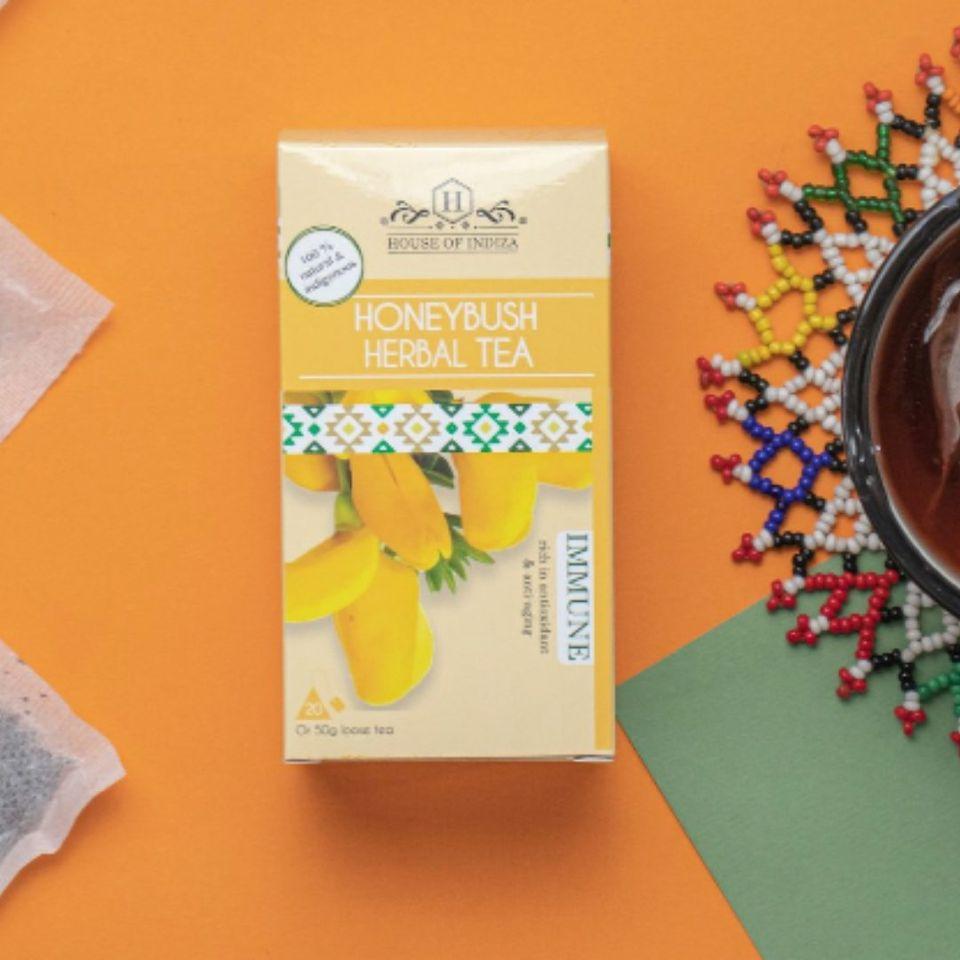
IndiZA Tea Seeks To Export South African Indigenous Tea To The World. IndiZA Tea seeks to promote South African indigenous tea, and ultimately African indigenous tea. This is the tea that you find mostly in rural areas, which among others include wild fruits and herbal plants. The company is comprised of women, with 10 years’ experience in the food industry, rural development and community mobilisation and facilitation. The company was founded by Food Technologist, Kgaladi Thema-Sethoga. After finishing her internship at CSIR, Kgaladi started House Of Indiza Tea, a black women-led co-operative that produces indigenous African teas, sourced from rural women in Mpumalanga, KwaZulu-Natal, Limpopo, Eastern Cape and Northern Cape. Kgaladi’s passion for indigenous foods is the driving force behind the brand and believes African indigenous knowledge can be commercialised to the benefit of rural economies.

Indigenous teas of South Africa are medicinal, natural and organic. IndiZA is an abbreviation of Indi which stands for indigenous, and ZA which stand for Zuid Africa.
Some of the teas that the company put on sale are:
Artemisia Afra is indigenous to South Africa, an organic and natural plan. It is also known as African Wormwood / Sagewood / Lengana / uMhlonyane. Artemisia Afra is a highly aromatic plant.
Agathosma, commonly known as Buchu, is a dense, leafy shrub consisting of 140 species of flowering plants in the family Rutaceae, native to the southern part of Africa. Buchu formally denotes two herbal species, known for their fragrance and medicinal use.
Found in the Eastern Cape of South Africa, Cyclopia is commonly known as honeybush. The tea is closely related to that of rooibos tea, which grows in the Western Cape of South Africa. Honeybush tea has a sweet, floral, and lightly roasted taste, making it similar to honey.
Javanica Tea Scientifically known as Lippia Javanica, the shrub can be found in widespread areas across South Africa, with the exception of the Western Cape. Commonly known as Mosukujane, it is said to be one of the most aromatic of South Africa’s indigenous shrubs.




